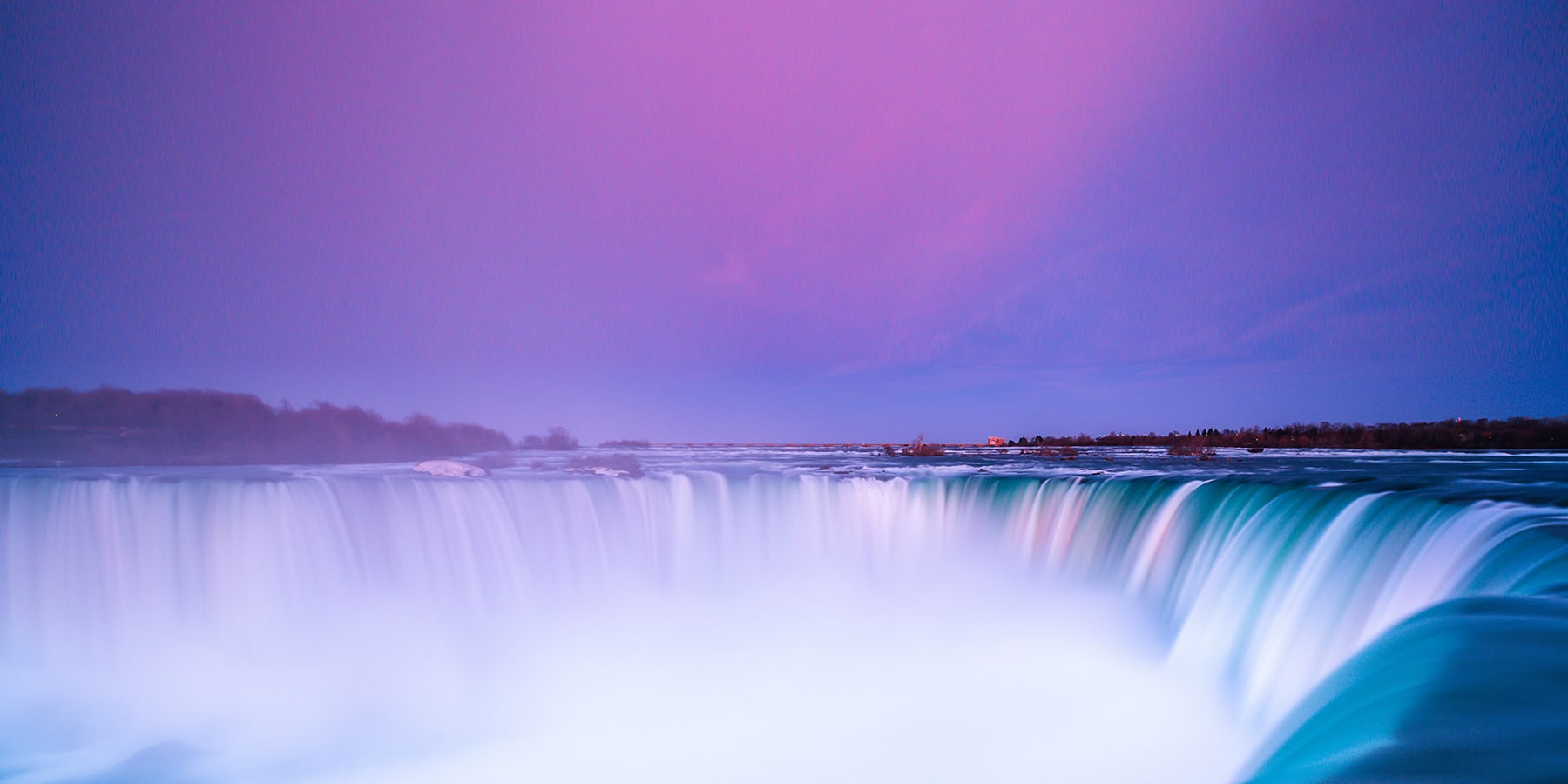Community Benefits Charges (CBC) is a funding tool enacted under the Planning Act, section 37. This funding source helps municipalities pay for growth-related capital investment in facilities and services due to development or redevelopment in the area.
Community Benefits Charges Strategy and By-law
Before collecting fees the City is required to enact a CBC by-law supported by a CBC Strategy.
Developers pay Community Benefits Charges as a one-time fee during the building permit process.
The CBC applies to higher-density developments with 5 or more stories and 10 or more residential units. In Niagara Falls, the CBC is set at 4% of the land value the day before the first building permit is issued for the project.
The land values do not include:
- any existing residential units that are not demolished on the subject land; and
- any existing non-residential use that is not demolished or converted to residential use on the subject land.
Exemptions
Certain developments do not have to pay Community Benefit Charges under O. Reg. 509/20:
- Long-term care homes
- Retirement homes
- Universities, Colleges and Indigenous Institutes
- Memorial homes, clubhouses or athletic grounds by an Ontario branch of the Royal Canadian Legion
- Hospices intended to provide end-of-life care
- Non-profit housing
Discounts and exemptions for affordable housing
Discounts are available under inclusionary bylaws per section 37 (32.1) of the Planning Act.
- Affordable and attainable residential units. The city calculates the CBC based on the project's total floor area but does not charge for the space used for these units. The units must remain affordable and attainable for 25 years.
The City of Niagara Falls also offers an extra exemption:
Resources
